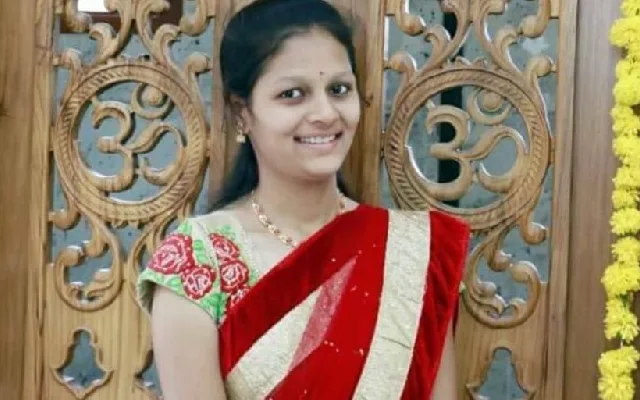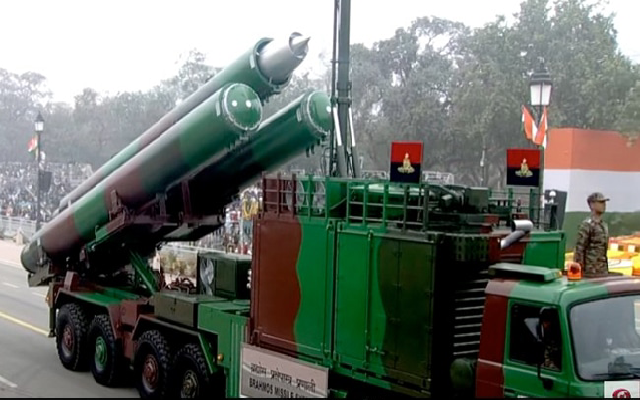Jairam Ramesh’s account of the events that propelled India’s economic liberalisation also presents an interesting picture of PV Narasimha Rao. An excerpt.
On 15 July 1991, the motion of confidence – moved three days earlier – came up for voting in the Lok Sabha. But before the actual vote, the House was treated to a vintage Narasimha Rao performance. It was his first major speech in the Lok Sabha as prime minister. Rao had been given briefs on different subjects. But he decided, as always, to speak not from text but spontaneously.
 That day, the prime minister was at his philosophical best. At times, what he said appeared convoluted, but that was par for the course. He defended what the government had done since it had taken over. He was not partisan but made the point effectively that the situation he had inherited had left his finance minister and him with no other option but to embark upon a series of tough measures – gold sales, devaluation, talks with the IMF, and trade reforms, with industrial liberalization also imminent.
That day, the prime minister was at his philosophical best. At times, what he said appeared convoluted, but that was par for the course. He defended what the government had done since it had taken over. He was not partisan but made the point effectively that the situation he had inherited had left his finance minister and him with no other option but to embark upon a series of tough measures – gold sales, devaluation, talks with the IMF, and trade reforms, with industrial liberalization also imminent.
The highpoint of Rao’s forty-five minute intervention came when he lapsed into Sanskrit:
“What have I done? What had the government done? We know that there are no alternatives to what we have done. We have only salvaged the prestige of this country. Samutpanne ardham tyajati panditah. This is precisely what we have done. I do not say that the economy has been booming or is going to boom immediately. What I am saying is sarvanshe samputpanne.”
I could see that most people did not understand what the prime minister was saying. I recall AN Verma looking at me with a puzzled expression, then whispering, ‘Kaho, Pandit, kuch samjhe? (Tell me, wise one, do you comprehend this?)’ Later, I told Verma that the Sanskrit saying in the prime minister’s speech means that the wise man, in the event of total ruin, wriggles out by giving up half his possessions; this is done in the hope that he will save himself from total destruction by using what is left properly.

Even if Rao’s expressions made little sense to those present, he definitely appeared Upanishadic. Moreover, he had unknowingly served notice to the BJP -Sanskrit was not its monopoly!
The prime minister was not yet done with Sanskrit in the Lok Sabha. He went on:
“Naturally, there is a long distance to go. This is not all. This is not the final solution, this is only the beginning. If you do not have a beginning, you cannot have an end. Therefore, the journey, the mahaprashthana, starts today after taking these decisions.”
I think mahaprashthana may have been more easily understood by those present, but I am not entirely sure. Regardless, it was a nice Indian way of describing the economic reforms programme and giving it a spiritual dimension, as it were. Besides, as the prime minister spoke, I recalled that in his speech to the CPP on 20 June, he had – drawing from the Congress’ own legacy – underlined that the relationship between the leader and the people is spiritual and not related to posts!
That Narasimha Rao could draw from ancient wisdom to throw light on current issues is further revealed by his unpublished manuscript, ‘Liberalisation and the Public Sector’ (Annexure 9). In this, while reflecting on the perils of India falling into a debt trap, Narasimha Rao recalled Ca¯rva¯ka philosophy, which proclaimed, ‘Rinam krithva ghritam pibet”. (Make debts and enjoy yourself.)’ He went on to explain why this ancient school of Indian materialism said so: ‘Bhasmeebhutasya dehasya punaraagamanam kuthah. (Once your body is consigned to the funeral pyre, where is it going to come back from?)’ Rao concluded by saying that when it comes to a state or the nation, this reckless outlook is still more disastrous since the state and the nation will last forever, unlike the individual. I only wish I could have discussed this further with Narasimha Rao since I believe the materialist traditions in Indian philosophy have been unfairly downplayed and distorted in favour of mysticism and spirituality. These materialist traditions, incidentally, are all-too-evident now.

As far as the 15 July vote itself was concerned, it was a foregone conclusion once the Left parties and those that made up the National Front (like the Janata Dal) decided to walk out. The BJP voted ‘no’, but was hopelessly outnumbered. While the non-BJP opposition was very critical of the Rao-Singh economic policies, clearly it did not want the government to fall. And so, we lived another day.


















